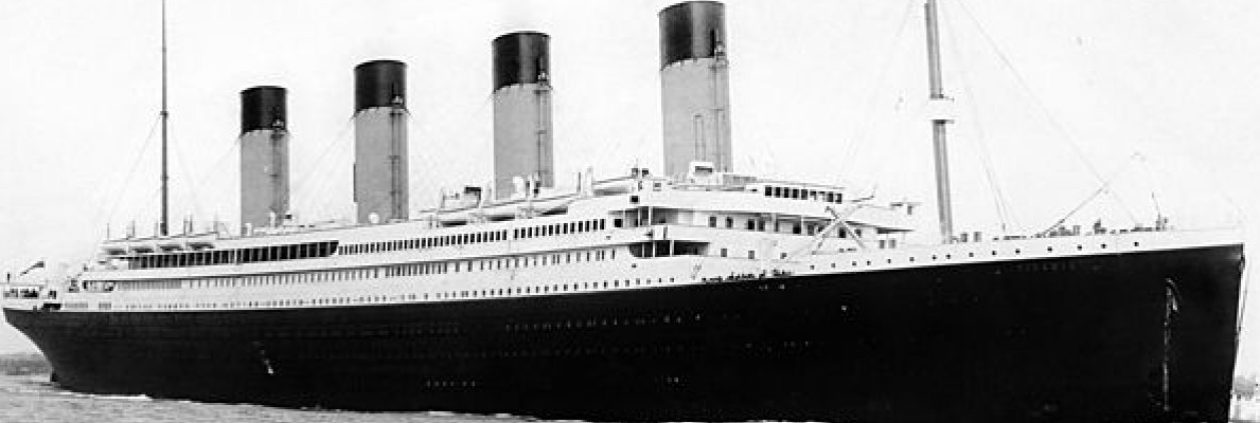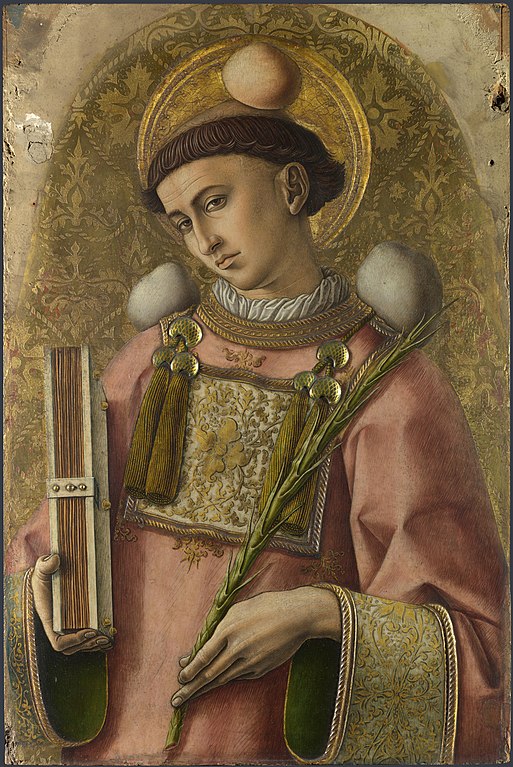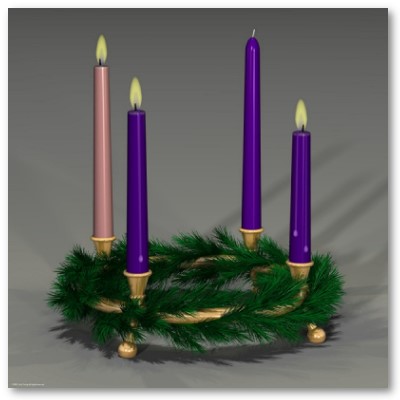
Public Domain(Wikipedia)
Passover is an eight day festival celebrated in the spring between the 15th through 22 during the Hebrew month of Nissan. Passover commemorates the emancipation of the Israelites from slavery in ancient Egypt. The first two and last two days are considered holidays. On those days holiday meals are served and observant Jews do not work or drive on those days (they also cannot write and even switch on/off electric devices though exception is made for cooking and carrying food outdoors.) The middle four days are called intermediate days and most forms of work are permitted.
A very important way Jews recall the Exodus is that they cannot eat or have an form of leavened bread (and that includes any food or drink that contains wheat, barley, oats, spelt or derivatives of it). That includes a lot of foods from breads, pastas, cookies and cakes, alcohol and soda. Most processed or industrial made foods are thus not allowed unless they have been certified for Passover by a rabbinical authority. It is not uncommon to see certain sodas in heavy Jewish areas reconfigured for the Passover season (such as Coke using real sugar and nothing that is derived from leavened bread in its making).
Observe the month of Aviv and celebrate the Passover of the Lord your God, because in the month of Aviv he brought you out of Egypt by night. Sacrifice as the Passover to the Lord your God an animal from your flock or herd at the place the Lord will choose as a dwelling for his Name. Do not eat it with bread made with yeast, but for seven days eat unleavened bread, the bread of affliction, because you left Egypt in haste—so that all the days of your life you may remember the time of your departure from Egypt. Let no yeast be found in your possession in all your land for seven days. Do not let any of the meat you sacrifice on the evening of the first day remain until morning. (Deuteronomy, 16:1-4)
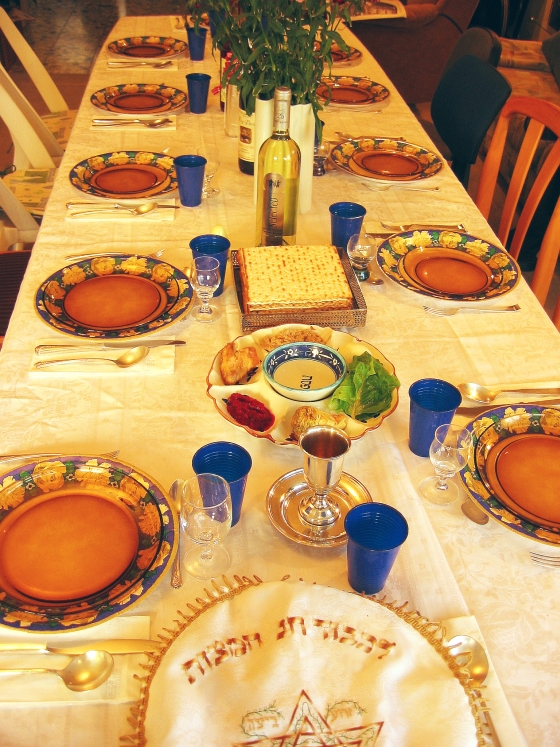
Image credit: Gilabrand via Wiikimedia Commons
The most important part of Passover is the Seder. It is a fifteen step tradition that is family oriented and packed with rituals for the feast. The most important points of the Seder are eating matzah, bitter herbs(to commemorate the slavery under the Egyptians),drinking wine or grape juice to commemorate their freedom, and most importantly reciting from the Haggadah. The Haggadah is the liturgy of the Exodus from Egypt and the duty of every family to recite the story so the next generation never forgets what Passover means to them.
Hear, O Israel! The LORD is our God, the LORD alone! Therefore, you shall love the LORD, your God, with your whole heart, and with your whole being, and with your whole strength. Take to heart these words which I command you today. Keep repeating them to your children. Recite them when you are at home and when you are away, when you lie down and when you get up. Bind them on your arm as a sign and let them be as a pendant on your forehead. Write them on the doorposts of your houses and on your gates. (Deuteronomy 6:1-9)
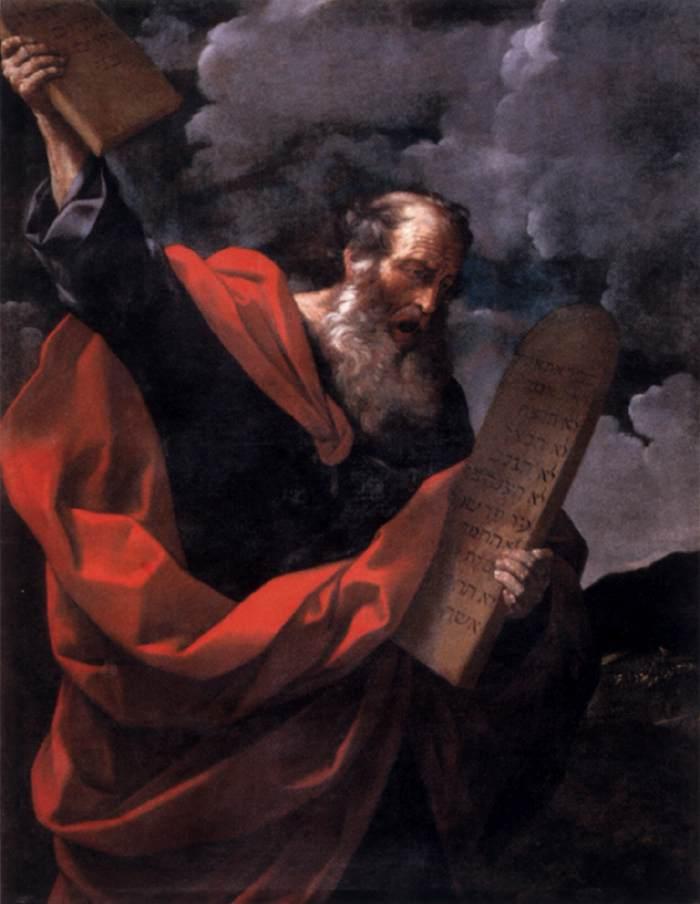
Guido Reni (1575–1642)
Galleria Borghese, Rome
Public Domain via Wikimedia Commons
For Further Information:
- What Is Passover (Pesach)? (Chabad.org)
- Passover – Pesach: History & Overview (Jewish Virtual Library)
